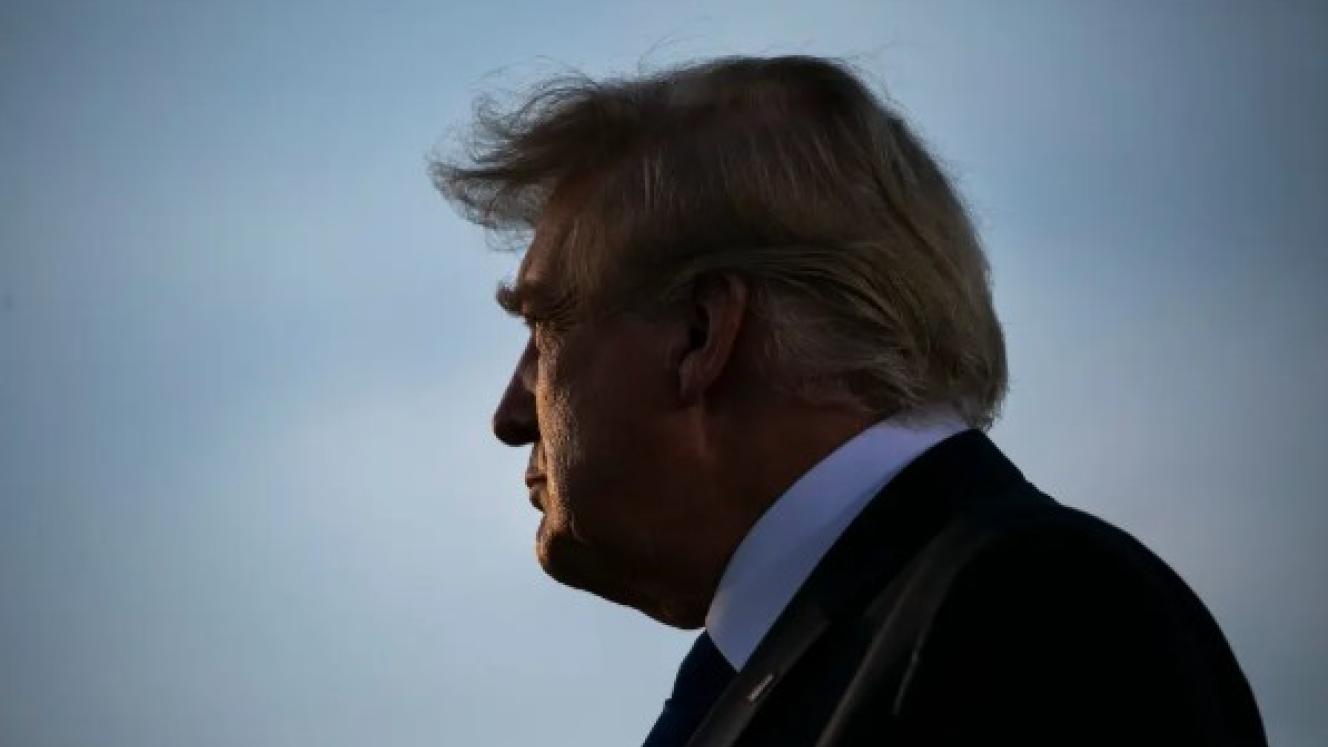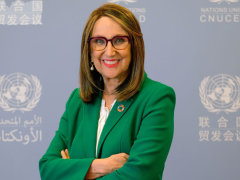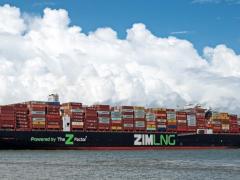Eswatini has confirmed that it has taken into temporary incarceration, in isolated maximum security units, the first five convicted criminals from the United States under a highly controversial third-country deportation arrangement.
Although specific details remain undisclosed, South Africa’s landlocked neighbour is looking at maintaining and securing trade concessions primarily through continued eligibility under the United States' African Growth and Opportunity Act (Agoa).
Currently Agoa still provides Eswatini with duty-free access to the US market for approximately 6 700 products, including sensitive exports like textiles, clothing, motor vehicles and agricultural commodities.
This preferential access plays a crucial role in supporting Eswatini’s export sectors, such as apparel and sugar.
After August 7, when countries like South Africa will face US tariff increases of 30%, Eswatini will continue to face a 10% tariff rate on its exports to the United States. This tariff applies broadly to products such as textiles, sugar, and processed foods.
The unconfirmed ‘convicts-for-trade’ development involves the use of the Matsapha Correctional Complex about 70 kilometres from South Africa’s Oshoek border with Eswatini.
The deportees – described by the US Department of Homeland Security (DHS) as “so uniquely barbaric” that their countries of origin refused to accept them – hail from Vietnam, Jamaica, Laos, Cuba and Yemen.
Reluctant to divulge the identities and convictions of the men, US authorities said the felons had been convicted of some of the most serious offences, including murder and child rape.
A DHS official disclosed that mugshots of the convicts had been circulated internally but remained unidentified for the wider public.
Legal representatives have reportedly been denied access to the prisoners, raising human rights concerns on top of the outcry Eswatini’s SADC-partners have expressed.
The Eswatini government has confirmed the prisoners’ presence but maintains that their stay is temporary. Officials have stated that plans are in place, in coordination with the International Organisation for Migration, to facilitate their repatriation to their respective home countries in due course.
However, according to earlier reports, DHS attempts to repatriate the convicts had failed because the countries of origin would not allow re-entry to the convicts.
The exact terms and legal basis of the agreement between Eswatini and the US remain classified. This lack of transparency has sparked public outcry and protests within Eswatini, with many questioning the potential security risks and sovereignty implications of such a deal.
Critics and civil society organisations have condemned the arrangement, accusing the US of using African nations as “dumping grounds” for unwanted deportees. Concerns are growing that Eswatini could become a precedent for similar third-country deportations, particularly following reports that South Sudan has engaged in a comparable deal.
Crispin Phiri, spokesperson for South Africa’s Department of International Relations and Cooperation, said the potential spillover impact on affected regional security and immigration management. While acknowledging Eswatini’s sovereignty, he confirmed that Pretoria had formally raised the issue with Mbabane following confirmation of the detainees’ presence.













